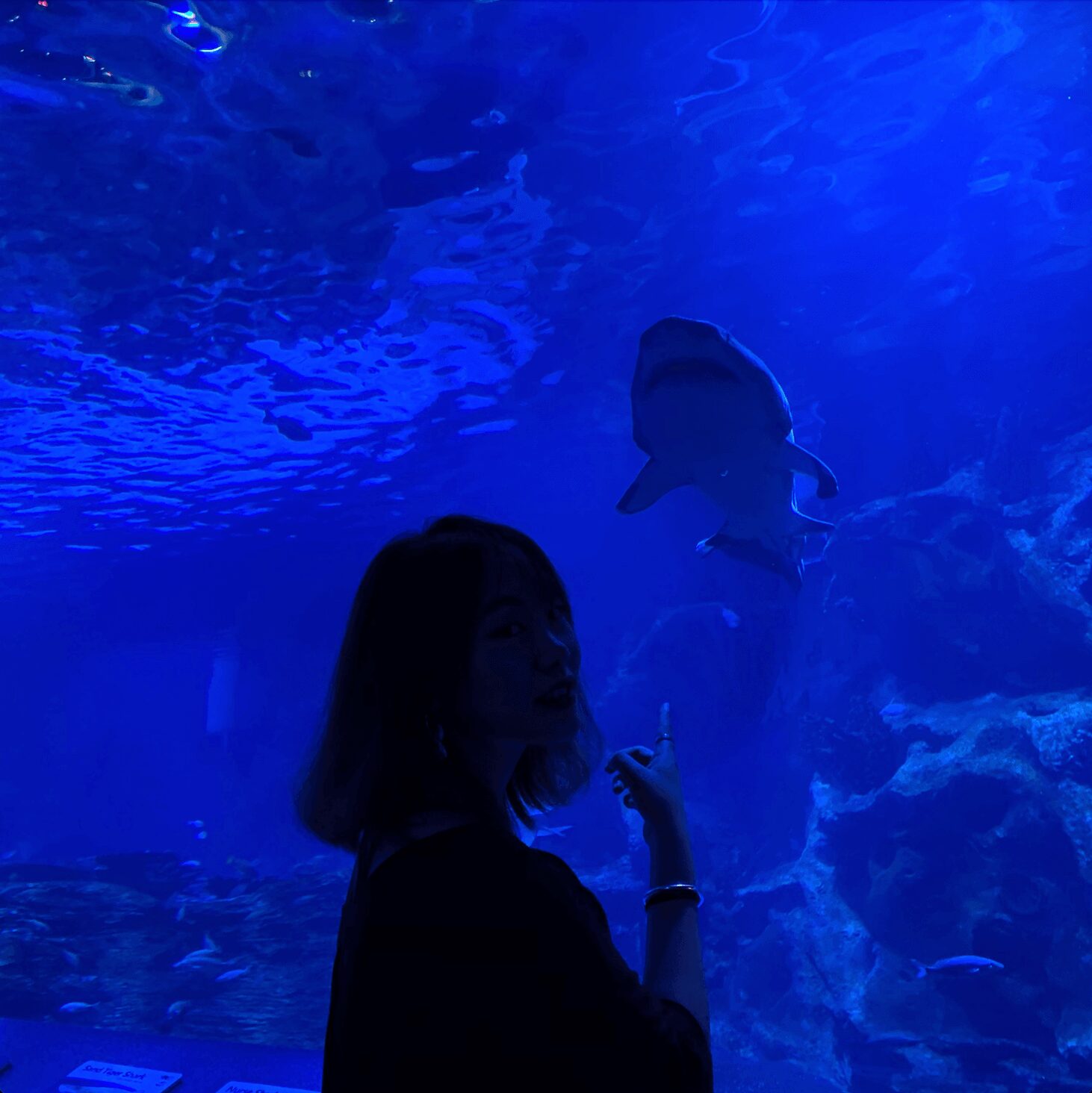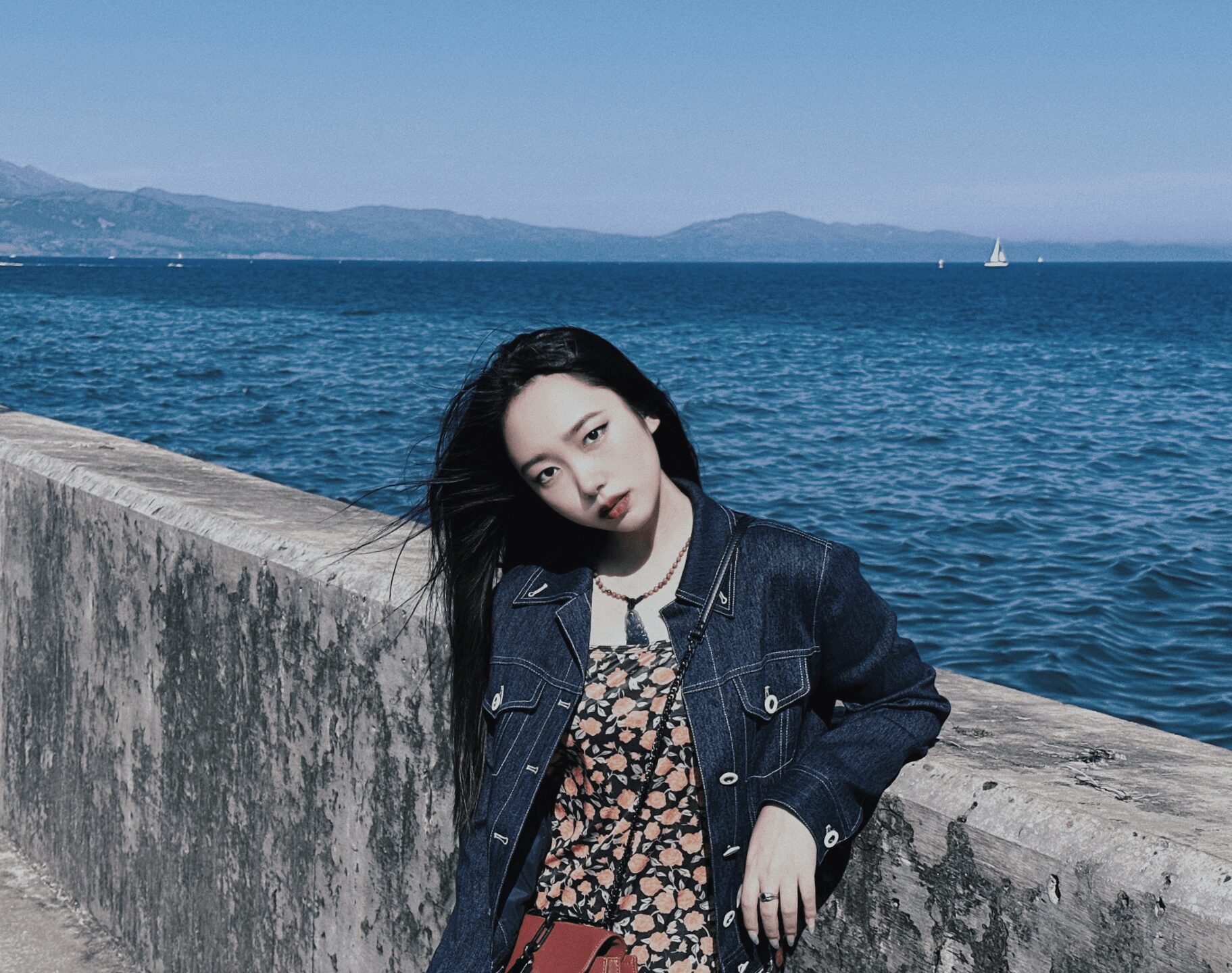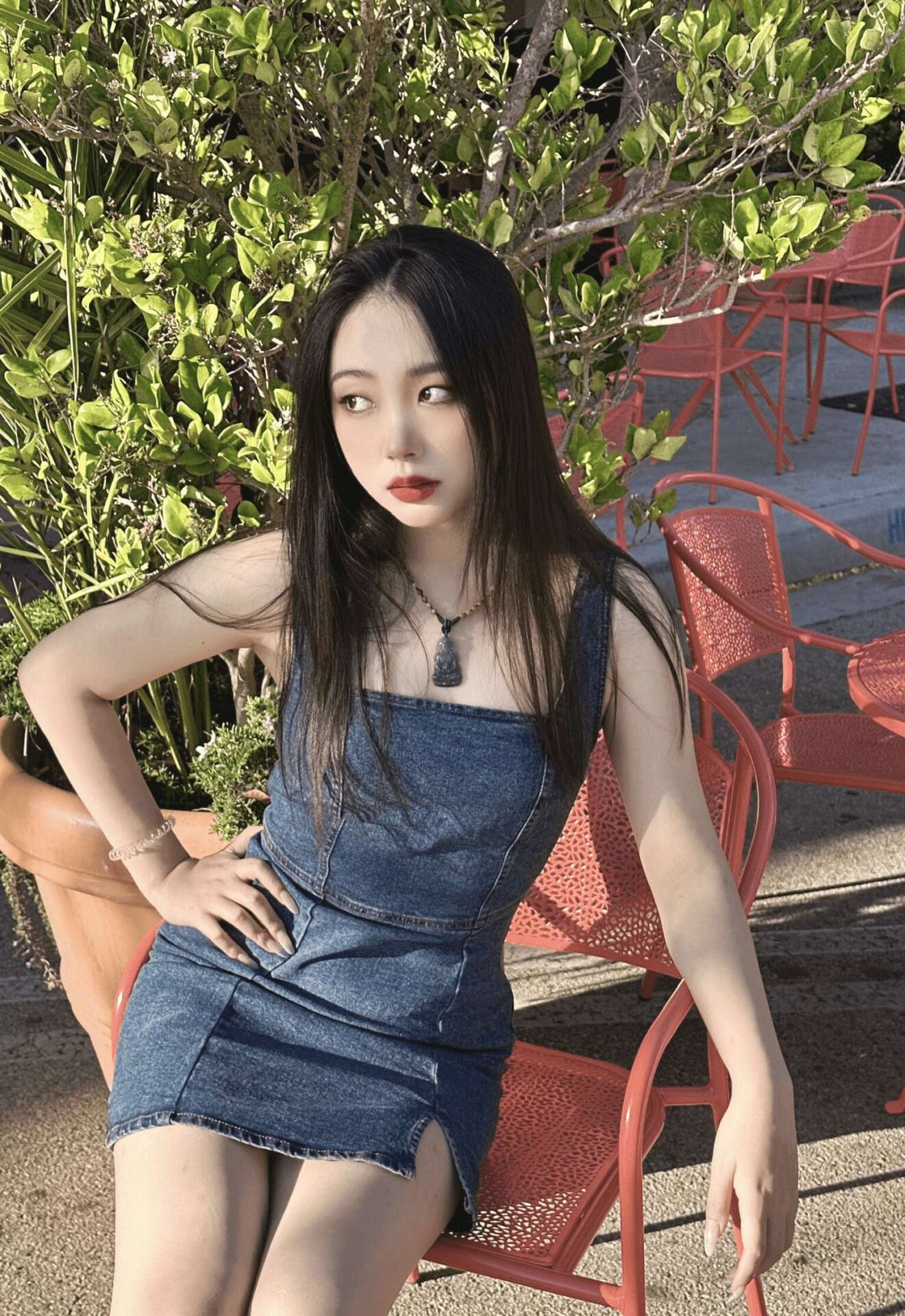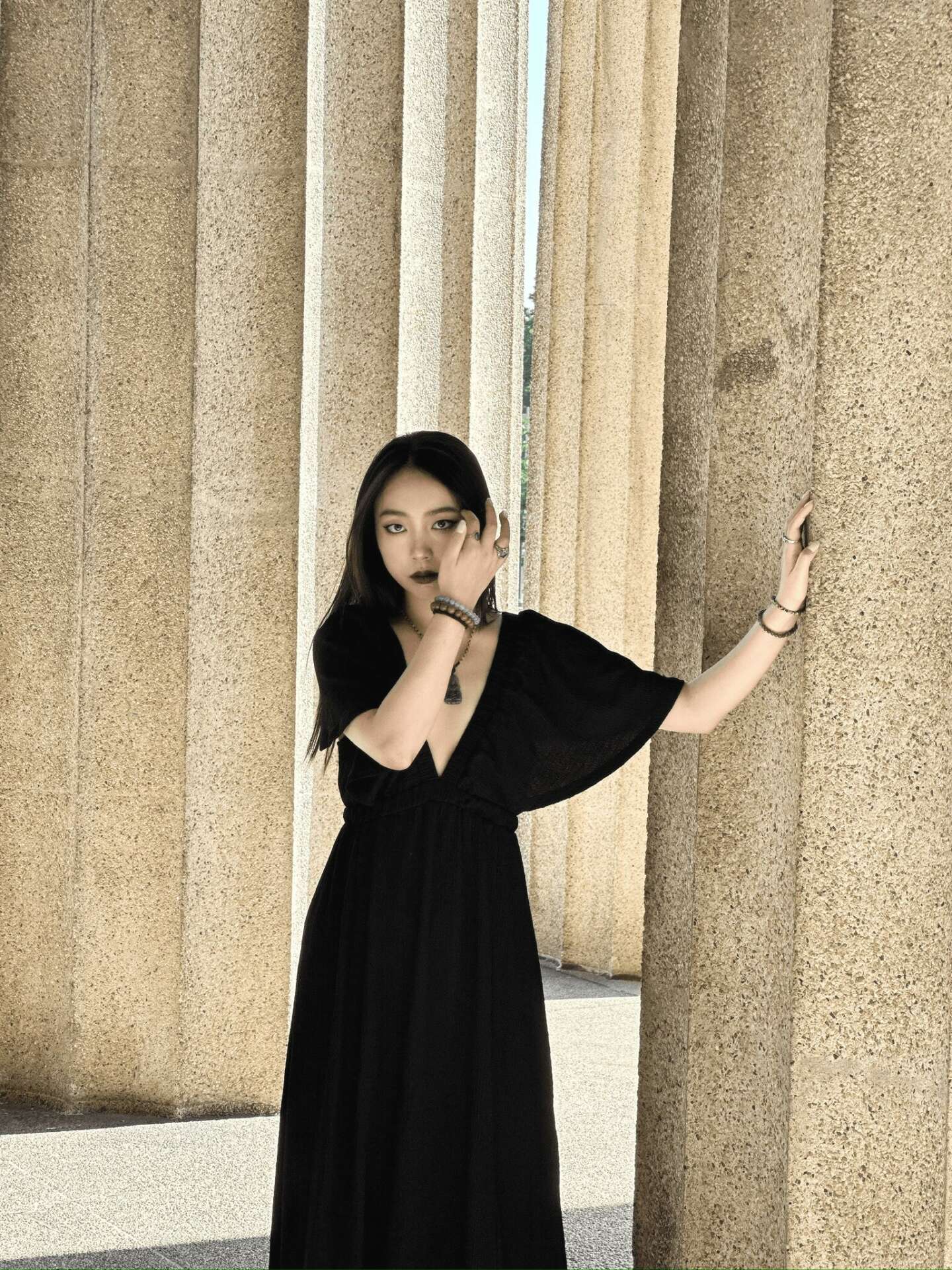We caught up with the brilliant and insightful Yaxin Zheng a few weeks ago and have shared our conversation below.
Alright, Yaxin thanks for taking the time to share your stories and insights with us today. Before we talk about all of your success, let’s start with a story of failure. Can you open up about a time when you’ve failed?
Throughout my life, I’ve grappled with depression, a condition that floods my mind with a ton of bizarre ideas to cross my mind. While this can be a blessing from a creative standpoint, it has also frequently resulted in excruciating agony and suffering. This occurred during my sophomore year in college, when I was deeply hurt by someone I considered one of my best friends. Her words and deeds caused significant emotional wounds. The accusations, demands, and specific facial expressions she hurled at me played over in my head like a never-ending loop. This encounter triggered my dread of social interactions and social media. The sensations of despair, rage, helplessness, and pain that came with her tormented me constantly. Though the incident may appear little to others—just a usual disagreement between friends—the pain left an everlasting impact on my brain, leading to severe depression and PTSD. In my attempts to seek help, I frequently encountered an invisible wall. Many people dismissed my pain, suggesting that depression was merely an excuse to avoid life’s challenges, or trivialized my experience, insisting that I would face far worse in the professional world. These reactions only deepened my sense of isolation and despair. While the experience of being hurt by someone I trusted was a significant failure in my life, one of the most profound realizations from this experience is the lack of empathy in the contemporary world, the dismissive attitudes I encountered reinforced my belief that many people fail to understand or empathize with the emotional struggles of others. In this dark period, writing became my sole refuge. Through storytelling, I found a way to release my emotions and navigate my pain. Writing allowed me to express the depths of my despair and the complexity of my feelings in a way that verbal communication could not. It became a therapeutic outlet, a means of self-expression, and a way to regain a sense of control over my life. Ultimately, I realized that the only person who truly understands and experiences my emotions is myself. This realization empowered me to take charge of my own healing process. I embrace my creative side and using writing as a tool for self-exploration and healing has been a transformative journey. This little failure shows me highlighted the need for greater understanding and compassion in our interactions with others. Most importantly, it showed me that even in the darkest times, there is a way to find light through creativity and self-expression.

As always, we appreciate you sharing your insights and we’ve got a few more questions for you, but before we get to all of that can you take a minute to introduce yourself and give our readers some of your back background and context?
Hello, my name is Yaxin Zheng. I am a Chinese, female, born and raised in a small, remote mountainous town in China. My professional journey has led me to work as a script organizer for Xiangshan Wudao Nanlai Culture Media Co, Ltd. in Beijing, China, where I have honed my ability to blend market demands with compelling storytelling. My portfolio includes six short film scripts, four feature film scripts, five TV scripts, six theater play scripts, and one podcast script. Art and creation are my passions. I find joy and vitality in film, TV series, playwriting, acting, music, literature, painting, etc. These diverse forms of artistic expression give me a profound sense of “life” and the feeling of truly “living.”
My multiple identities—as a young Asian woman and as someone living with mental illness—provide me with unique perspectives and entry points for storytelling. These identities spark my creativity and drive me to produce distinctive and impactful narratives. In my personal life, I possess a people-pleasing personality, often fearing rejection and abandonment. These traits, coupled with my experiences of psychological trauma and depression, have shaped my writing and provided me with a deep well of emotional experiences to draw from.
As a highly sensitive person, I have a keen ability to perceive and feel a wide range of emotions through detailed observation. This sensitivity fuels my passion for observing people, understanding their emotions, and exploring the depths of human nature. I recognize that almost all complex human nature and disordered emotions come from the most primitive human instincts. I am particularly fascinated by the distorted, unethical, and extreme nature of different intimate relationships and the emotions and feelings that often arise. My work often delves into psychological thrillers, occasionally intertwining with science fiction to highlight dramatic moments. Through delicate language and intense emotions, I strive to interpret the conflicts inherent in human nature and engage deeply with the fluidity of evolving cultural and social phenomena.

Is there a particular goal or mission driving your creative journey?
As a Chinese and Asian writer, I often write in Asian contexts and languages. One of the significant misconceptions about Asian characters in the Hollywood market is their reduction to stereotypical and clichéd portrayals. Such depictions often rely on traditional cultural symbols and ignore the individuality and diversity of Asian people. This overemphasis on traditional values and the portrayal of Asians as mysterious and reticent characters not only limits opportunities for Asian actors but also perpetuates unrealistic and one-dimensional views of Asian cultures.
I believe that these stereotypes are not only untrue but also contribute to misunderstandings and prejudices about Asians among viewers. This affects their understanding and respect for Asian cultures and people. My goal is to challenge these misconceptions by portraying authentic, diverse, and multidimensional Asian characters that reflect the true complexity and richness of Asian life and experience, to create the diversity that results from the collision of Eastern and Western cultures.

Looking back, are there any resources you wish you knew about earlier in your creative journey?
When I was younger, I wished I had been exposed to more content that encouraged self-expression and creativity. Specifically, I would have loved greater coverage of the arts and innovation. It would have been inspiring to see stories about different genres and themes that express a range of emotions. I yearned for narratives told from various perspectives, especially those from different age groups. Such diversity in storytelling would have shown me the vast possibilities within my own creations.
Exposure to these diverse stories and perspectives would have inspired me to think more creatively and feel confident in expressing myself. This encouragement could have played a crucial role in nurturing my creativity and self-expression, helping me realize the importance of sharing my unique voice with the world.
Contact Info:
- Instagram: isrita_here
- Linkedin: https://www.linkedin.com/in/yaxin-rita-zheng-42884b1b3/
- Twitter: @IsRitahere



